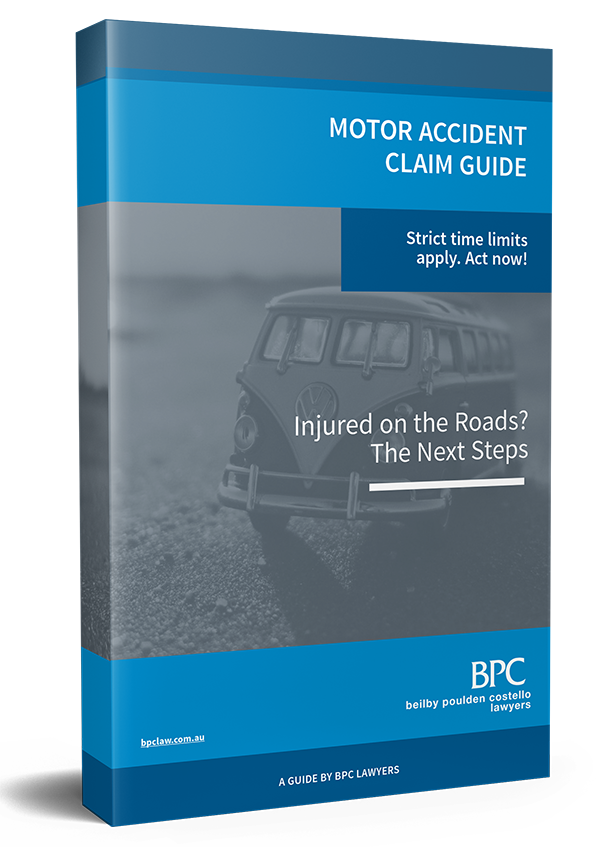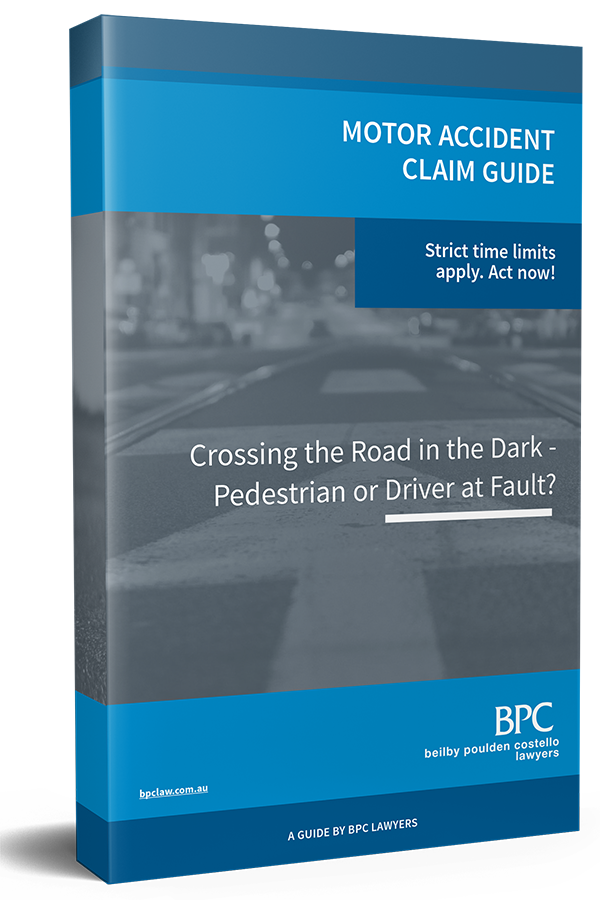Can I Sue My Employer?
Suffered an injury as a result of work? Need expert representation?
Employees in New South Wales are covered by workers compensation insurance in the event of an injury which occurs during the course of their employment.
Beilby Poulden Costello endeavour to obtain favourable outcomes and to protect the rights of Sydney’s injured workers.
Don’t delay! Contact our Sydney Workers Compensation Specialists today.
Have you suffered a serious injury you believe to be at the fault of a negligent employer or hazardous conditions in the workplace?
Contact BPC Lawyers at 02 8280 6900.
However, when suing your employer, the Court is given the power to extend this time. Traditionally it would grant such an extension provided that it was satisfied a fair trial would be conducted; that is, that the Defendant was not materially prejudice by the delay in bringing the action out of time.
This means, that an injured worker would not be able to proceed with their case if the Defendant could show that they were prejudiced in the bringing of the claim past 3 years. Examples of prejudice include loss of witnesses, documents or even the loss of the right to recover from another negligent party.
An often used reason for a delay is that an employee’s injuries did not reach the threshold required to commence proceedings within that time, something out of the control of an injured employee.
Despite this preclusion, it was thought that the required threshold of 15 % Whole Person Impairment did not interfere with the requirement to commence proceedings 3 years from the date of injury.
However, in Opoku, her Honour Justice Adamson of the Supreme Court of New South Wales has cast doubt on this being the case.
In her Decision her Honour found that the 3 year period commences only when the threshold of 15 % Whole Person Impairment was reached at para 62-63.
This case flies in the face of a long line of legal authority.
The Conflict
Most cases of negligence against an employer are brought in the District Court.
The case of Opoku is being used so as to bind the District Court to the thinking of Opoku.
The views expressed in the Opoku decision has not obtained universal acceptance.
Her Honour Judge Gibson DCJ, a Judge of the District Court of New South Wales refused to follow Opoku in Parry v Masterpet Australia Pty Ltd (2013) NSW DC 71 at paragraph 27 in which she says:
“this approach conflicts with many years of settled law in the New South Wales Court of Appeal. Adamson does not refer to many decision which have held that the three year period date from injury, not a finding of permanent impairment sufficient to bring a claim. Since the Doctrine of Precedent and Principle of Stare Decisis operate to insure certainty in the Common Law system…this effectively means that I cannot follow Adamson’s reasoning in Opoku compelling that this approach may be”.
Should I sue?
Employers owe their employee a very broad and comprehensive duty of care to provide, implement and maintain a safe system of work. Whilst the duty is not to provide a perfect workplace, it does require a high level of reasonable undertaking in all matters which connect their worker to their work.
But, if you are able to sue your employer it will be limited to economic loss suffered by way of wage loss and or diminution of your earning capacity – nothing for FUTURE MEDICAL EXPENSES!!!
If your medical expenses are or are likely to be substantial, then you should consider whether it is commercially in your interest to sue your employer or whether holding onto your Workers Compensation Rights would prove more valuable.
Conclusion
If you feel that your injuries are of a sufficiently serious in nature and considering they have been caused by the unreasonable behaviour of your employer then we strongly recommend that you contact our office to arrange a conference so that we can advise you of the prospects of succeeding, as well as whether it will be in your interest to sue your employer.
As the law stands today, whist it is arguable that you have three years from obtaining a 15% Whole Person Impairment or greater assessment, the most likely view of the law is that the limitation period starts from the date in which you get injured.
Hence, if you do not commence proceedings within this time for whatever reason, you will be required to ask the Court to give you an indulgence to commence proceedings against your employer in negligence.
Source: Tim Driscoll (Solicitor)
Opoku v P & M Quality Smallgoods Pty Ltd and ORS (2012) NSWSC 478

